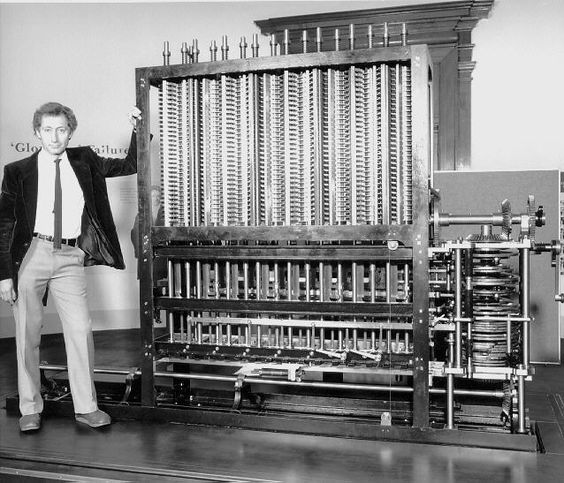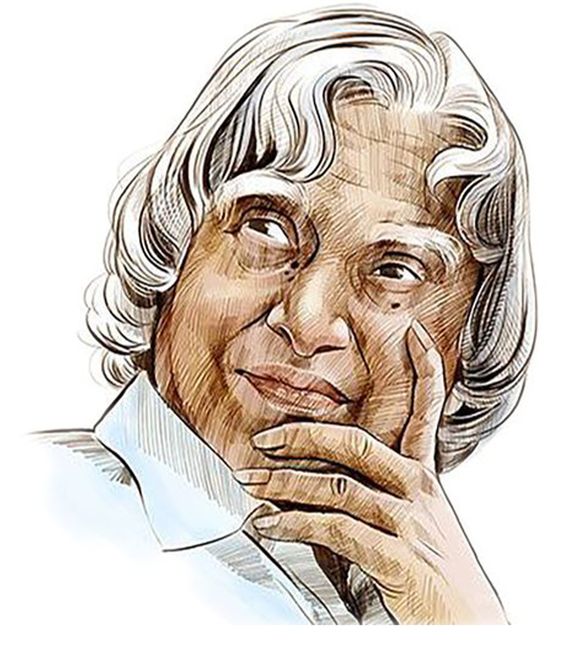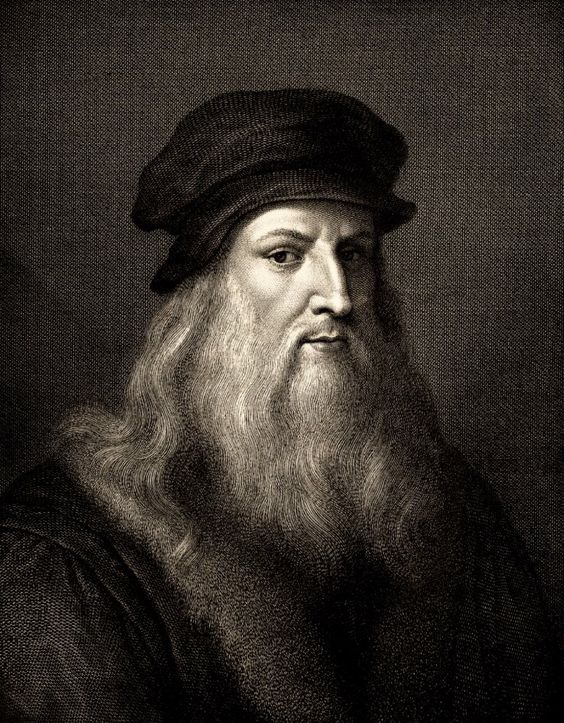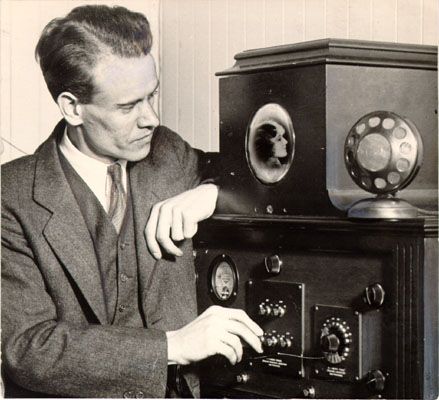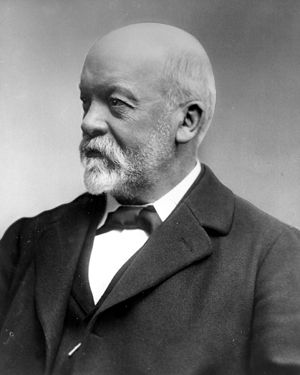The Father of Modern Computing: The Man Behind the Invention of Computers
Introduction: Computers have become an integral part of our lives, revolutionizing the way we work, communicate, and access information. But have you ever wondered about the brilliant mind behind the creation of this transformative technology? In this blog post, we delve into the life and achievements of the man who pioneered the development of computers.
Charles Babbage: The Visionary Inventor: The man we owe our gratitude to for the invention of computers is Charles Babbage. Born on December 26, 1791, in London, England, Babbage is widely regarded as the father of modern computing. His groundbreaking ideas and designs laid the foundation for the development of the computers we use today.
Babbage’s Journey and Accomplishments: Charles Babbage was a mathematician, philosopher, and mechanical engineer with a keen interest in the calculation of mathematical tables. His frustration with the error-prone and time-consuming process led him to envision a mechanical device that could perform complex calculations accurately and efficiently.
Babbage’s most notable invention was the Analytical Engine, a general-purpose computing machine designed to process information using punched cards, similar to those used in the Jacquard loom. Although the Analytical Engine was never fully constructed during Babbage’s lifetime, his conceptual work and designs were revolutionary and laid the groundwork for future computing technologies.
The Impact of Babbage’s Work: Babbage’s work had a profound impact on the field of computing. His ideas influenced subsequent generations of inventors and engineers, who further developed and refined his concepts. His visionary thinking set the stage for the eventual emergence of electronic computers.
The Evolution of Computers: Since Babbage’s time, computers have undergone incredible transformations. From the massive mechanical machines of the past to the compact, high-speed electronic devices we use today, the evolution of computers has been remarkable. The advancements in integrated circuits, transistors, and microprocessors have exponentially increased computational power and capabilities.
Computers have permeated every aspect of modern life, from scientific research and data analysis to entertainment and communication. They have revolutionized industries, enabled automation, and facilitated the rapid exchange of information across the globe.
The Future of Computing: As we look ahead, the future of computing holds endless possibilities. Quantum computing, artificial intelligence, and machine learning are among the exciting frontiers that promise to shape the next generation of computers. These advancements have the potential to further transform industries, tackle complex problems, and drive innovation across various fields.
Conclusion: The invention of computers by Charles Babbage has forever changed the world. His visionary ideas and designs laid the foundation for the development of modern computing technologies. As we benefit from the incredible power and capabilities of computers in our daily lives, let us remember the pioneering mind behind their creation.
Charles Babbage’s contributions to the field of computing have shaped the course of human history, enabling us to unlock new frontiers of knowledge and achieve feats once considered impossible. The computer stands as a testament to human ingenuity and the power of innovation.





